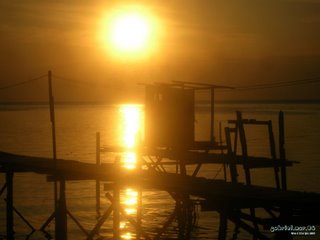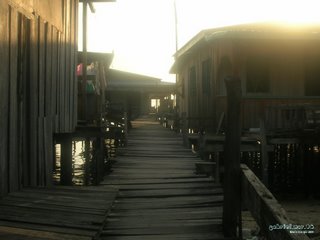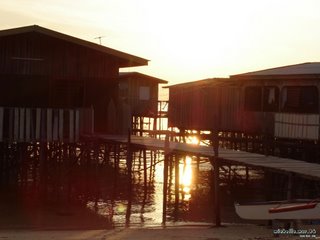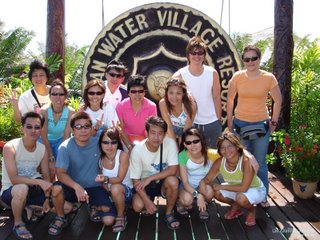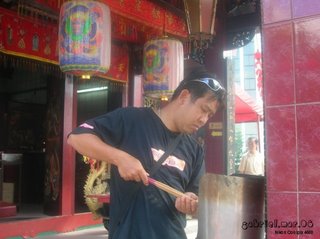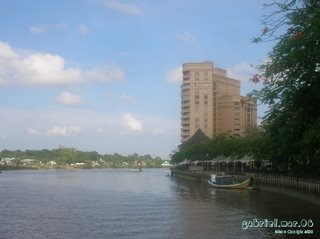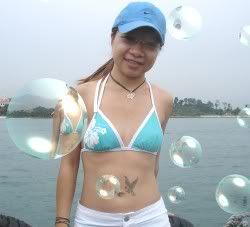

001 Winnie LawCertification : PADI IDC Staff Instructor (retiring), TDI Deco Diver
Logged Dives : 1000+

002 Gabriel OngCertification : PADI MSDT (Master Scuba Diver Trainer) (retired), TDI Deco Diver
Logged Dives : 500+

003 Andy GohCertification : PADI Divemaster, EFR Instructor(Retired), Master Scuba Diver
Logged Dives : 400+


004 Ivan LimCertification : PADI Divemaster, Dan Oxygen, Nitrox
Logged Dives : 100+

005 Alex LeeCertification : PADI Divemaster, Nitrox
Logged Dives : 200+

006 Philip ChuaCertification : PADI Divemaster, Nitrox
Logged Dives : 100+


007 Shirley TanCertification : PADI Rescue Diver
Logged Dives : 100+


008 Michelle Ng aka Lilo - Blog AdministratorCertification : PADI Advance Open Water Diver, Nitrox
Logged Dives : 100+

009 Hazel LimCertification : PADI Divemaster, Dan Oxygen, Nitrox
Logged Dives : 200+

010 Jing ChiangCertification : PADI Rescue Diver, DAN Oxygen
Logged Dives : 50+

011 Jean LiangCertification : PADI OWSI Instructor, DAN Oxygen
Logged Dives : 400+

012 Isabel LimCertification : Bubble Maker In The Q
 014 Doreen
014 Doreen Certification : PADI Advanced Open Water Diver
Logged Dives : ?
 015 Megan Chua
015 Megan Chua Certification : Bubble Maker In The Q
016 Brenda
Certification : PADI Advanced Open Water Diver
Logged Dives : ?
017 Jacky
Certification : PADI Open Water Diver
Logged Dives : ?
018 Yook Sau
Certification : PADI Advanced Open Water Diver
Logged Dives : ?
 019 George Lim
019 George LimCertification : PADI Divemaster, DAN Oxygen, Nitrox,
EFR Instructor (retired), Master Scuba Diver
Logged Dives : 300+
 020 Tiffany Soh - Fun kaki
020 Tiffany Soh - Fun kaki
Certification : PADI Advanced Open Water Diver
Logged Dives : 40+
 021 Freddie Heng - Fun kaki
021 Freddie Heng - Fun kaki Certification : PADI Advanced Open Water Diver
Logged Dives : 40+
 022 Laura Heng - Fun kaki
022 Laura Heng - Fun kaki Certification : PADI Advanced Open Water Diver
Logged Dives : 40+
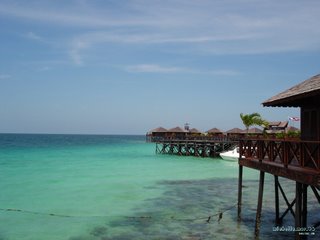
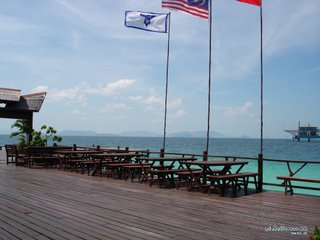
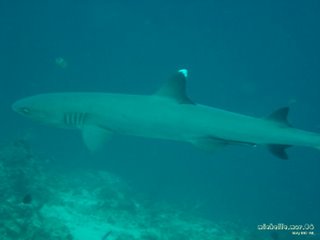

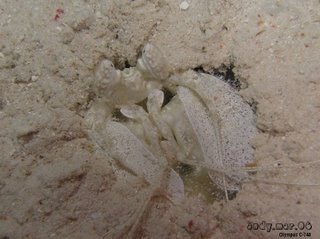
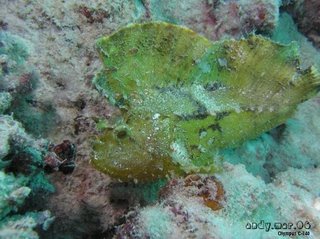
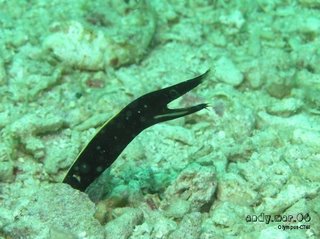
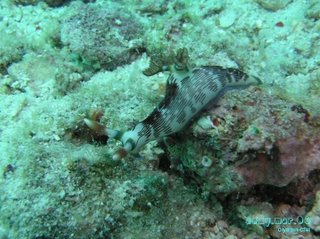

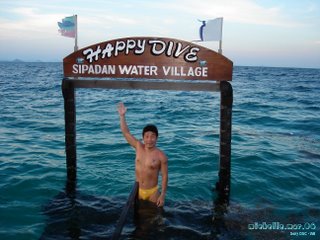

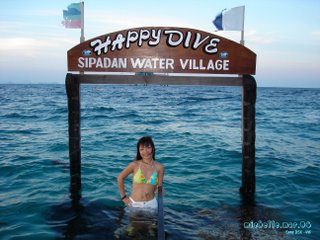


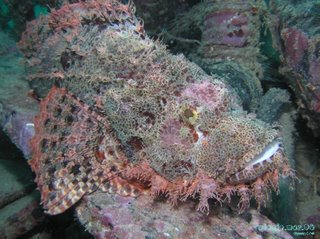
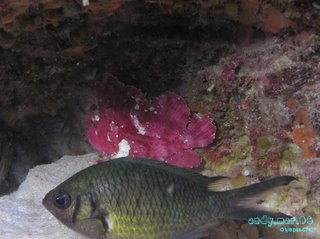
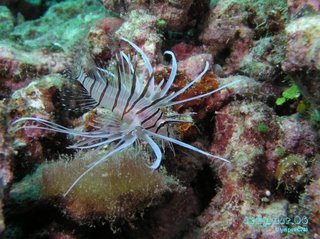
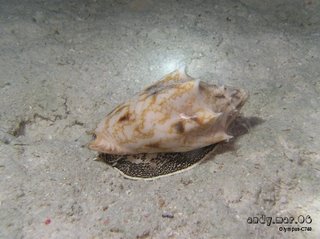
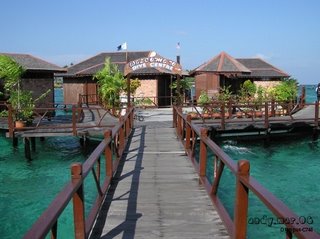
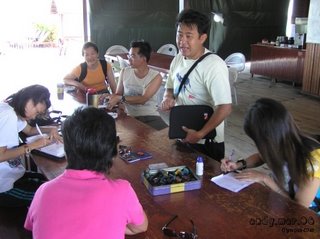

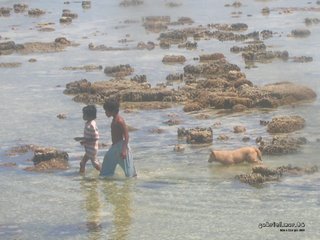
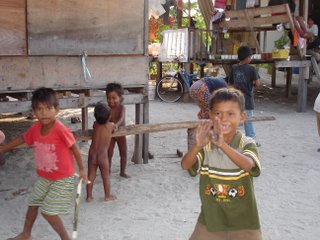




 This boy was the only one who didn't get all excited when we were taking photos of him. And he never smiled. I wondered his pet was a bird or a chicken... a bit bald.. He was very protective over his pet, wouldn't let other kids come near it.
This boy was the only one who didn't get all excited when we were taking photos of him. And he never smiled. I wondered his pet was a bird or a chicken... a bit bald.. He was very protective over his pet, wouldn't let other kids come near it.
